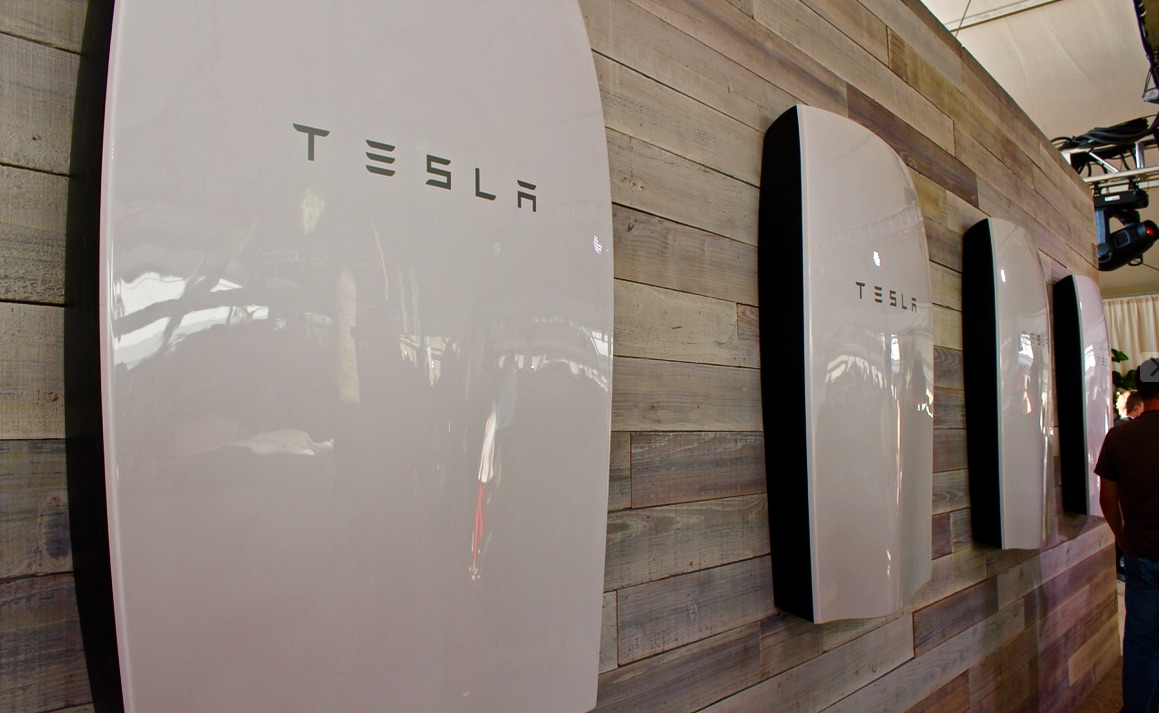Earlier in 2015 Tesla’s CEO and co-founder Elon Musk announced new product to their portfolio called the “Powerwall” which is a line of stationary batteries for households and utilities meant to store energy so that it can be used when energy is scarce and/or expensive.
The Powerwall cost would retail $3,500 for a 10kWh unit. That unit is optimized to deal with serving a house if the traditional power grid goes down. A cheaper, $3,000 version will have a 7kWh capacity, and it will be able to help a house with solar panels deal with the daily fluctuations in energy supply.
The Powerwall doesn’t indeed come cheap if it’s for an individual home although that investment would be paid over time, Musk though did say that Tesla wouldl be selling power packs to utilities. He said those batteries would be "infinitely scalable" utility class units starting at 100kWh, which could be scaled up to multi-gigawatt-hour class packs. As of May 2015, Tesla Powerwall had already sold out through to the middle of 2016 where nearly 300 MWh of Tesla batteries had been deployed to North America, Asia, Europe, and Africa.
This indicates that African utility companies can use the power packs to beef up their capacity with the sun being abundant in Africa.
The challenges that would impact their use is no different from the current challenges faced by the utilities which include power theft, infrastructural challenges, vandalism and many others which are already being dealt with on a daily basis by the utility companies. The challenge of scaling using solar as demonstrated at the sleek warehouse of Tesla’s Design Studio can be overcome by just adding more power packs to the installation.
With use of Tesla’s solar power solutions African utility companies can use the power that is abundantly available to deliver energy to households at very reduced costs.


